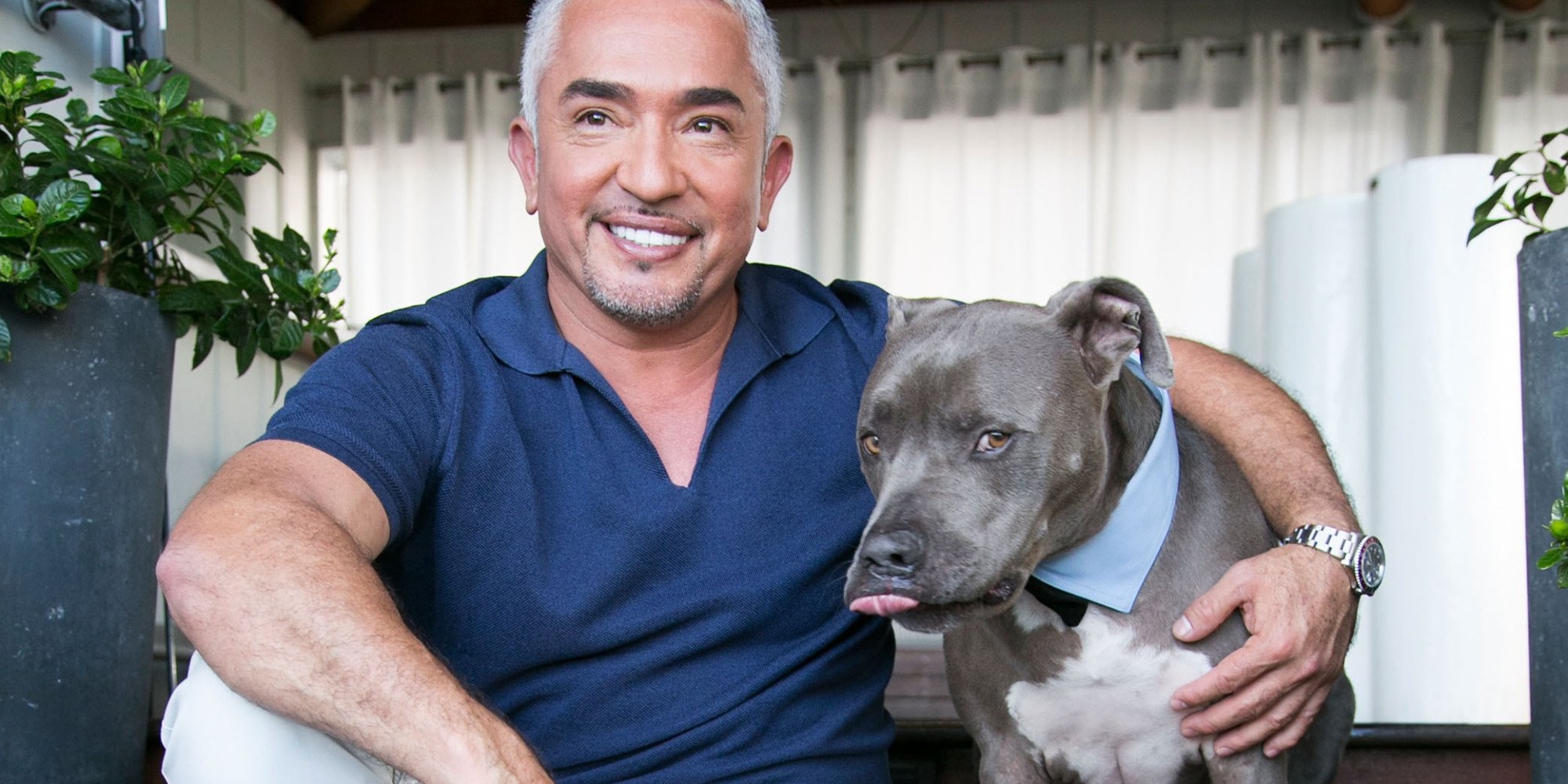
I’d like to add the name of Cesar Millan (National Geographic Channel’s “Dog Whisperer” from 2004 to 2012) to the ranks of the mental health establishment. He never failed to consistently deliver on his assertion, “I rehabilitate dogs. I train people.”
Yes, Millan is a dog psychologist, but it quickly became apparent that it was always more about the humans than the dogs. He understood canine behavioral temperament, but he also grasped that most of the troubles exhibited by dogs stemmed from the owners.
In just about every episode, Millan helped his human clients correct errors in thinking. He states, “Dogs are not your children.” In other words, you can’t project your human feelings onto them, and then respond to those feelings. Dogs want love, but they need leadership. Your being the “top dog” is germane to their very survival.
Dogs develop behavioral problems when humans go awry. In a recent episode, an anxious woman began to cry as she talked about the stress in her life. Rather than help her with her problems (not the point of the show), Millan pointed out how her anxiety was being conveyed to the dog. The more she sniffled, the more the dog barked and skittered about. And it happened every time.
The Dog Whisperer sensibly illustrated the role humans play in perpetuating their dogs’ problems. This is something that a child psychologist will almost never do. The premise of the parent (often encouraged by the professional) is that something is wrong with the child that must be “treated” — which is to say, “fixed.” This conveniently removes responsibility from both the parent and from the child.
Hence the popularity of medication, despite its elusive effectiveness. “Oh, good,” the parent is encouraged to think, “It’s not me. And it’s not little Johnny either. It’s something external, like the flu.” Medication rarely ends up doing what the parents hope it will do, but they hold on to the myth anyway, because the alternative is that the child or the parent might actually be part of the problem. Unthinkable!
None of this baloney is present on The Dog Whisperer. Millan clearly expects his clients to accept the fact that their dog’s behavioral difficulties are almost certainly due to something the human is doing, however unintentionally.
He exposes errors like “the dog is my baby.” The objective fact is that it’s an animal, with certain instincts and a set of parameters within which one must work. They need limits and boundaries, and they don’t get their feelings hurt. But they do mirror anxiety when the owner is a not an effective “pack leader.” Dogs don’t want neglect or abuse, but inconsistency and a lack of leadership can be almost as damaging. Wow — sounds like young children, doesn’t it?
Step away from your email box! I KNOW that children are not dogs. Children grow into conceptual beings that puppies can never become. Humans survive by reason, and our dogs survive in great measure by our reasoning. Because young children have not yet developed into sophisticated conceptual thinkers, they also share that reliance on the sensory-perceptual level by picking up on the cues and behaviors of adults.
Children also need and want leadership. Yet when the parent of a troubled child goes to a typical child psychologist, he or she is usually told that the child is “acting out,” i.e., neither the child nor the parent is responsible for those actions. The solution? Some undefined “treatment.”
In the old days “treatment” used to be unexplained psychotherapy, usually with the child alone, which neither the child nor the therapist understood. Today, it’s a lot simpler to give the kid a pill. Does it work? It doesn’t matter, because the alternative is that somebody has to take responsibility. Oops … unthinkable!
Cesar Millan frankly and objectively demonstrated what is mistaken in the humans’ thinking and actions, and how that can impact their dog. With kids, the answers are not always that simple, but staying with that premise almost always leads to positive results. Parents shape their children more than they know. If there’s a problem with the child, the parent must be the “pack leader” to guide them toward whatever the solution might be.
[Cesar Millan is now the star of “Dog Nation,” on NatGeo Wild.]
Follow Dr. Hurd on Facebook. Search under “Michael Hurd” (Rehoboth Beach DE). Get up-to-the-minute postings, recommended articles and links, and engage in back-and-forth discussion with Dr. Hurd on topics of interest. Also follow Dr. Hurd on Twitter at @MichaelJHurd1
Check out Dr. Hurd’s latest Newsmax Insider column here!
Dr. Hurd’s writings read on the air by Rush Limbaugh! Read more HERE.
